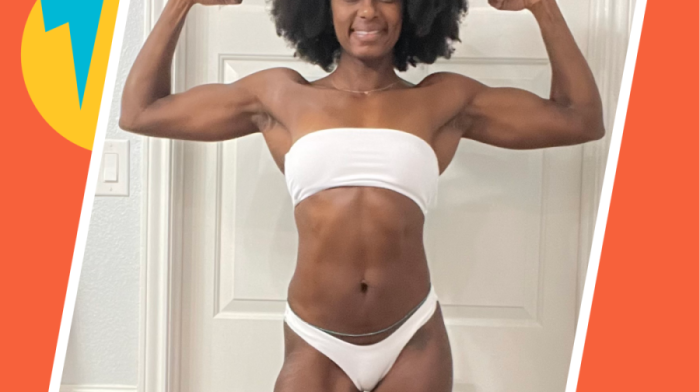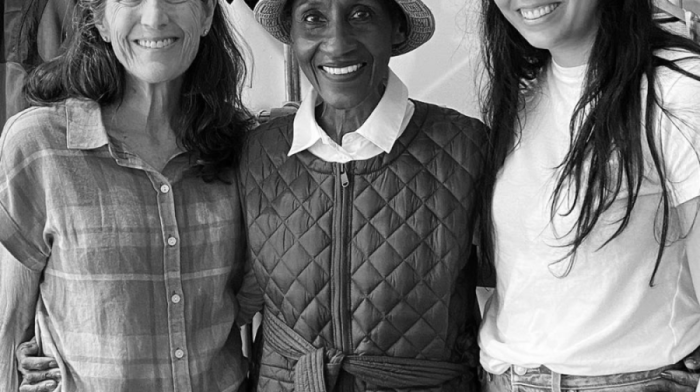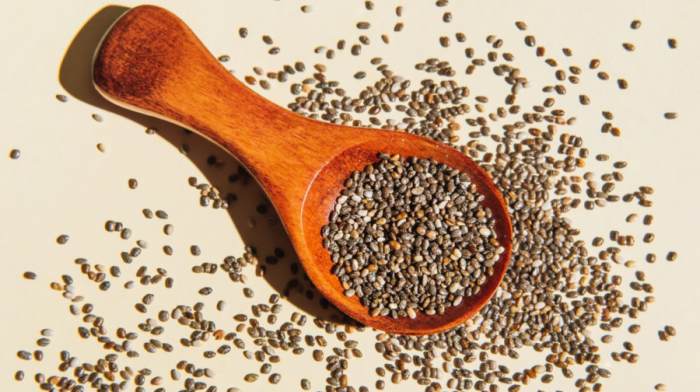The coffee loophole diet might be one of the most eccentric TikTok trends to hit your feed as of late. Social media users claim that drinking supplement-infused coffee within seven seconds of feeling hungry can help curb your appetite, making you feel full when you actually aren’t. The end result, according to devotees, is that this will help you to lose weight.
There’s a lot going on with this trend, but first, it’s important to address the massive elephant in the room: The logistics of pulling this one off are next to impossible. How are you supposed to drink coffee within seven seconds of feeling hungry—every single time—and handle a continuous stream of caffeine all day just to keep your appetite at bay?
“[The coffee loophole diet] is a mishmash of tired old diet tips that aren't effective,” says dietitian Christy Brissette, RD, owner of 80 Twenty Nutrition. “There are no weight loss ‘loopholes.’” And although your daily cup of coffee can be beneficial for many reasons—like giving you that extra energy boost before work and even helping you build muscle mass—it probably shouldn’t be a focal point of your weight loss strategy.
Here, a doctor and dietitians share the lowdown on this diet trend.
Meet the experts: Kunal Shah, MD, is an assistant professor in the division of endocrinology at the Rutgers Robert Wood Johnson Medical Center. Dena Champion, RDN, is a nutritionist at The Ohio State University Wexner Medical Center. Christy Brissette, RD, is a dietitian and the owner of 80 Twenty Nutrition.
What is the coffee loophole diet trend?
There are different versions of the diet hack circulating online. In general, it involves enhancing your coffee within specific ingredients to supposedly increase your metabolism—and, ideally, within seven seconds of having hunger pangs (yes, seriously). Social media claims that supplementing your coffee with additional ingredients could help you curb your hunger and help you lose weight.
Your mug mix may include a cocktail of:
It’s not clear where the trend started, exactly, but a slew of people on TikTok claim that it helps “strip off inches of stubborn belly fat”—likely due to the fact that the above ingredients are thought to jumpstart metabolism. (Research is inconclusive on this). Some TikTokers even say the coffee loophole diet is “way easier than going to the gym.” However, again, there doesn’t seem to be evidence supporting the idea that these coffee mixtures work—or that you should start sipping within seven seconds of feeling hungry.
Benefits of the Coffee Loophole Diet
Drinking four cups of coffee daily could reduce body fat by four percent, per the Harvard T.H. Chan School of Public Health—but results aren’t significant enough to determine real benefits. Black coffee has also been linked to weight loss, research has found—but it’s not a very significant impact, says Kunal Shah, MD, is an assistant professor in the division of endocrinology at the Rutgers Robert Wood Johnson Medical Center.
The caffeine in coffee is an appetite suppressant, so trying the coffee loophole diet may curb your appetite to some extent, Dr. Shah says. The other supplements and spices used in the coffee loophole diet like chromium, green tea, and cinnamon have also been linked with small amounts of weight loss, but there’s no conclusive evidence to say whether these ingredients have a major impact on your weight.
Risks of the Coffee Loophole Diet
Experts have plenty of issues with this diet. “There are no supplements that I routinely recommend for suppressing hunger,” says Dena Champion, RDN, a nutritionist at The Ohio State University Wexner Medical Center. The dose, duration, and combinations of the above ingredients and supplements together has not been studied, so doing the coffee loophole diet is not safe or sustainable, Champion says.
The whole concept behind the coffee loophole diet ventures into disordered eating territory “by suggesting you should fill your stomach with coffee and supplements and completely ignore your hunger signals,” Brissette adds.
There’s also a risk of over-caffeination, Dr. Shah says. “Caffeine is a stimulant, and that can potentially get you dehydrated,” he says. “If this is something that you consistently do, it also puts undue stress on the heart.” Basically, if you start drinking that supplement-infused-coffee with every single hunger pang, you could start running into health problems, he says.
The coffee loophole could give you acid reflux—especially if you’re having coffee with lemon and cayenne, since these can “irritate the lining of your stomach,” Dr. Shah says.
While the coffee loophole diet uses ingredients that you may already have at home, there are downsides to trying the trend, Dr. Shah stresses. Instead of trying to work against your hunger cues, intuitive eating and mindful eating principles are probably healthier long-term strategies.
Does the coffee loophole diet help you lose weight?
It’s possible that you might lose a little weight by adhering to this diet trend, Dr. Shah says—but it’s also possible that you’ll gain weight on it. The process is highly individual, and you should always consult with your doctor before trying any sort of weight loss strategy.
“The hunger suppression that you get from this is very, very short-lived,” he says. “The problem with short-lived appetite suppression is that you will just get that much hungrier later on in the day. It’s not a long-term tactic or even a good one.”
Some of the supplements mentioned in this hack may help with weight loss, Champion says, but rarely to the extent that people are hoping. Rather than opt for a quick fix to drop pounds, opt for a high-fiber diet to keep you full and satiated, eat more protein, and opt for workouts like strength training to stay strong and lose weight sustainably.
So, while the coffee loophole diet sounds like a fast and easy way to drop weight, it's probably best to avoid.





















Comments (0)